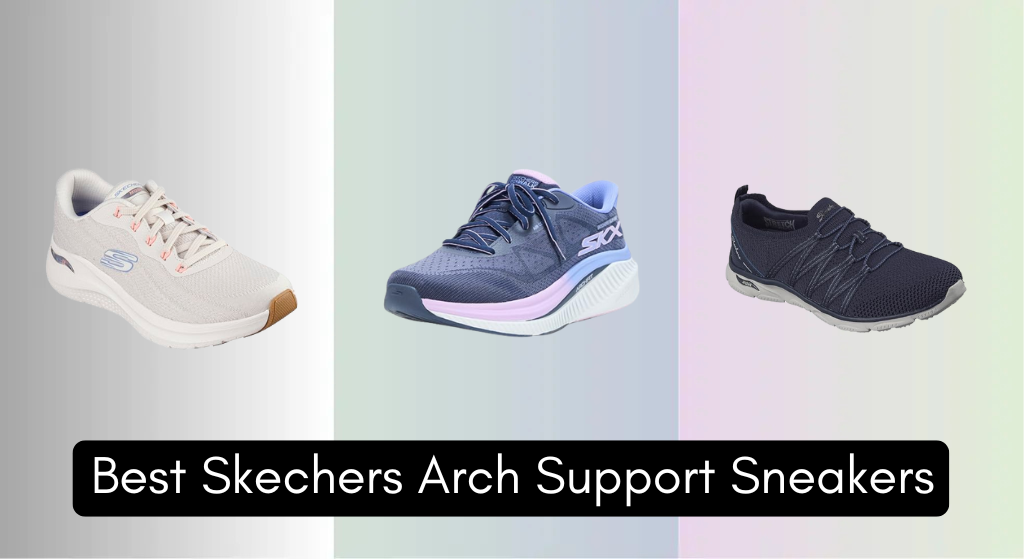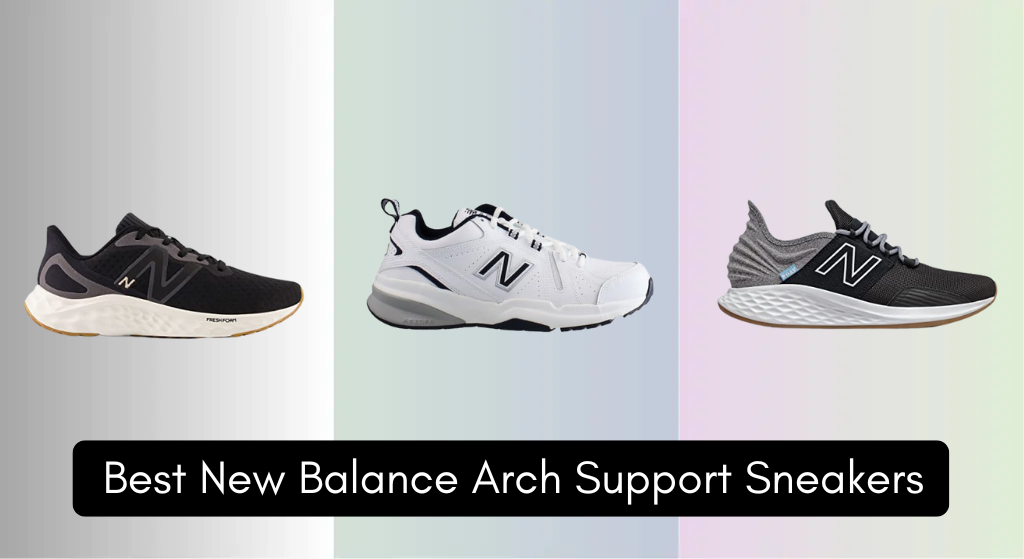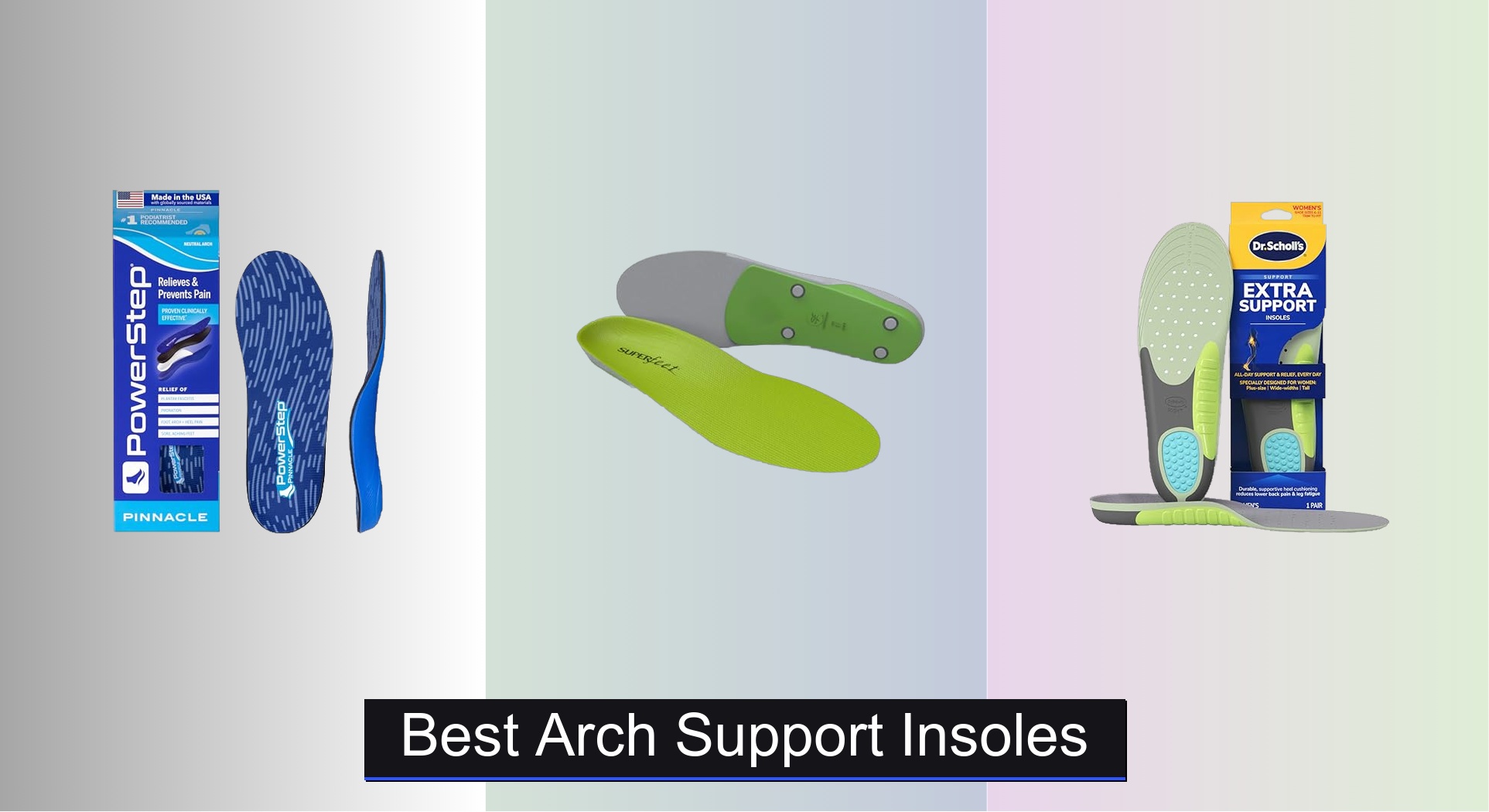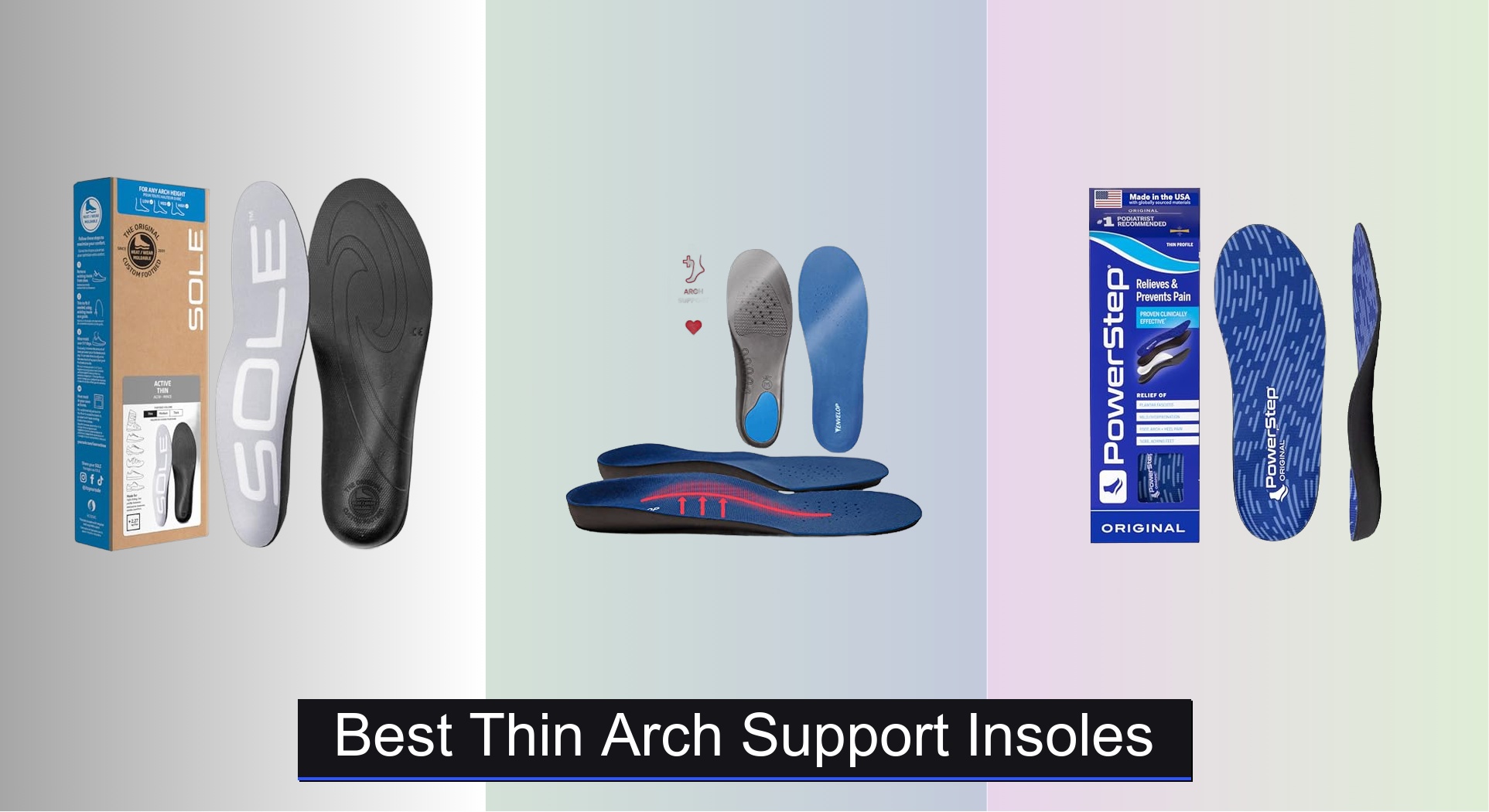Embark on a journey to optimal foot health with our comprehensive guide on managing Calluses and Corns. Discover how Atlas Arch Support insoles can transform your daily comfort and prevent common foot ailments.
Introduction
Navigating the complexities of foot health, particularly when dealing with calluses and corns, is a journey many undertake in search of relief and comfort. These common foot conditions, arising from friction and pressure, can escalate from minor annoyances to significant sources of discomfort if not addressed properly. This guide delves into the essential knowledge and strategies needed to effectively manage calluses and corns, highlighting the role of Atlas Arch Support insoles in achieving optimal foot health and comfort.
Table of Contents
Unraveling the Mystery of Calluses: Your Feet’s Unsung Heroes
Calluses, the body’s natural response to repeated friction or pressure, typically manifest as yellowish or grayish patches of hardened skin on the soles of the feet or palms of the hands. While generally harmless, calluses can become sources of discomfort or even pain, particularly in individuals with underlying health conditions such as diabetes or poor circulation. Understanding the formation of calluses is the first step towards effective management and prevention, ensuring that these silent protectors do not turn into painful adversaries.
Corns: Tiny but Formidable Foes
Corns are closely related to calluses but differ in their specific characteristics and the discomfort they cause. These small, thickened patches of skin usually develop in areas where the skin experiences excessive pressure or friction, such as between toes or on the bony parts of the foot. The presence of a central core, which can be hard or soft, distinguishes corns from calluses and is often the source of significant pain due to the pressure exerted on underlying nerves.

Decoding the Causes and Contributing Factors
The development of calluses and corns is influenced by a variety of factors, from footwear choices to occupational hazards. Recognizing these contributing elements is crucial for both prevention and effective management:
Friction and Pressure
The primary culprits behind callus and corn formation, repetitive rubbing, or pressure on the skin initiates the body’s defense mechanism, leading to thickened skin.
Footwear
Ill-fitting shoes, particularly those with inadequate cushioning or that force the feet into unnatural positions, are common offenders.
Occupational Hazards
Certain jobs that involve repetitive movements or pressure on the hands and feet can increase the risk of calluses.
Foot Deformities and Gait Abnormalities
Conditions such as hammertoes or bunions, as well as irregular walking patterns, can contribute to uneven weight distribution, exacerbating the formation of calluses and corns.
Dry Skin
Moisture-deficient skin is more susceptible to damage from friction and pressure, leading to callus and corn development.
A Roadmap to Prevention and Self-Care
Adopting proactive self-care practices can significantly reduce the risk of developing calluses and corns:
Opt for Proper Footwear
Shoes that fit well and provide adequate support and cushioning are essential. Avoid footwear that squeezes the toes or places excessive pressure on any part of the foot.
Keep Skin Moisturized
Regular application of moisturizers keeps the skin flexible and less prone to damage.
Employ Protective Padding
Utilizing cushioning pads can offer additional protection to high-risk areas, mitigating the effects of pressure and friction.
Maintain Proper Toenail Length
Correctly trimmed toenails reduce the risk of undue pressure that can lead to corn formation.
Effective Treatment Strategies
When prevention is not enough, several treatment options can help manage the discomfort and appearance of calluses and corns:
Moisturizing and Gentle Exfoliation
Softening the skin through regular moisturization and careful removal of dead skin can reduce the size of calluses and corns.
Pumice Stone or Foot File
These tools are effective for gently reducing thickened skin, provided they are used carefully to avoid damaging healthy skin.
Salicylic Acid Pads
Over-the-counter treatments can help soften and gradually remove corns, though they should be used with caution, especially by those with sensitive skin or underlying health conditions.
Orthotic Inserts
Custom or over-the-counter orthotics can redistribute foot pressure, alleviating areas prone to calluses and corns.
Navigating Footwear and Support Options
Selecting the right footwear and supports is paramount for individuals prone to calluses and corns:
Shoes with Supportive Features
Look for shoes with soft linings, supportive designs, and cushioned soles to minimize friction and pressure.
Wide Toe Boxes
Shoes designed with ample room in the toe area prevent crowding and reduce pressure points, helping to prevent callus formation.
Arch Supports
Incorporating arch supports that offer shock absorption and pronation control can correct foot alignment issues, reducing the risk of calluses.
By understanding the intricacies of calluses and corns and implementing targeted prevention and treatment strategies, individuals can achieve healthier feet and a more comfortable daily life. Remember, while self-care measures are effective, seeking professional advice for persistent or painful conditions is always recommended to ensure appropriate care and treatment.
Recommended Insole for Calluses and Corns
Choosing the right insoles can significantly impact your comfort and foot health, especially if you’re dealing with persistent calluses and corns. Atlas Arch Support insoles stand out as a superior choice for those seeking relief and prevention from these common foot ailments. Here’s a deeper dive into why these insoles might be the ideal solution for your foot care needs:

Enhanced Arch Support for Pressure Distribution
Atlas Arch Support insoles are meticulously designed to offer unparalleled support to the foot’s arch, a critical factor in managing foot pressure. This targeted support aids in distributing the body’s weight more evenly across the foot when you’re walking or standing. By mitigating concentrated pressure on specific foot areas, these insoles play a vital role in preventing the formation of calluses and corns, which are often the result of excessive pressure and friction.
Semi-Rigid TPU Shell for Optimal Foot Alignment
The incorporation of a semi-rigid thermoplastic urethane (TPU) shell in Atlas insoles strikes the perfect balance between flexibility and firm support. This innovative feature ensures proper foot alignment, crucial for reducing strain on particular foot regions. Maintaining correct alignment is essential for minimizing the risk of calluses and corns, which can arise from abnormal walking patterns or uneven weight distribution.
Superior Gel Heel Cushioning for Enhanced Comfort
Atlas Arch Support insoles boast gel heel cushioning, providing exceptional shock absorption. This cushioning is particularly beneficial for the heel area, where corns frequently develop. It helps alleviate pressure and discomfort, making activities such as walking and standing more comfortable for individuals prone to foot issues.
Tailored for Active Lifestyles
For those leading active lifestyles, the risk of developing foot problems due to repetitive stress and movement is higher. Atlas insoles are designed with the needs of active individuals in mind, offering a blend of comfort and durability to withstand daily foot demands. This makes them an excellent choice for anyone looking to maintain foot health amidst a busy and active lifestyle.
Promoting Overall Foot Health
Regular use of Atlas Arch Support insoles contributes to overall foot health by ensuring necessary support and proper foot alignment. This proactive approach not only addresses existing foot issues like calluses and corns but also helps in preventing their future occurrence, safeguarding your feet against potential discomfort and pain.
Versatile and User-Friendly
The versatility and ease of use of Atlas Arch Support insoles make them a practical addition to any footwear collection. Compatible with various shoe types, these insoles are easy to insert and remove, offering a hassle-free solution for improving foot comfort and health across different activities and shoe preferences.
Atlas Arch Support insoles provide a holistic solution for individuals battling calluses and corns, tackling the underlying causes of these conditions while offering immediate relief and long-term benefits. Embracing such preventive and therapeutic measures is key to maintaining optimal foot health and ensuring a comfortable, active lifestyle free from foot discomfort. If you’re experiencing persistent issues or complications with calluses and corns, seeking advice from a healthcare professional is recommended to receive tailored care and treatment. Prioritize your foot health to enjoy the freedom of movement without pain or discomfort.
FAQ Section
Q: What causes calluses and corns on feet? A: Calluses and corns are primarily caused by repeated friction and pressure on the skin, often resulting from ill-fitting shoes, prolonged standing or walking, and certain foot deformities.
Q: How can I prevent calluses and corns? A: Prevention strategies include wearing properly fitting footwear with adequate support and cushioning, using protective padding in high-friction areas, and maintaining good foot hygiene and moisture.
Q: Are Atlas Arch Support insoles effective for callus and corn relief? A: Yes, Atlas Arch Support insoles are designed to provide targeted support and pressure distribution, reducing the strain on areas prone to calluses and corns, and offering significant relief and comfort.
Q: Can calluses and corns lead to more serious conditions? A: While calluses and corns themselves are not usually serious, if left untreated, they can lead to discomfort, pain, and in individuals with diabetes or poor circulation, more severe foot complications.
Q: How often should I replace my Atlas Arch Support insoles? A: The lifespan of your insoles depends on daily wear and activity levels, but generally, replacing them every 6 to 12 months ensures continued support and effectiveness.
Conclusion
Understanding and managing calluses and corns is crucial for anyone striving for optimal foot health and comfort. With the right knowledge, preventive measures, and the support of Atlas Arch Support insoles, you can protect your feet from these common ailments and enjoy a more comfortable, active lifestyle. Remember, proactive foot care and choosing the right insoles are key steps toward maintaining healthy feet and preventing discomfort. For persistent issues or complications, consulting a healthcare professional is advisable to receive personalized care and treatment. Prioritize your foot health today and step into a world of comfort and relief with Atlas Arch Support insoles.










